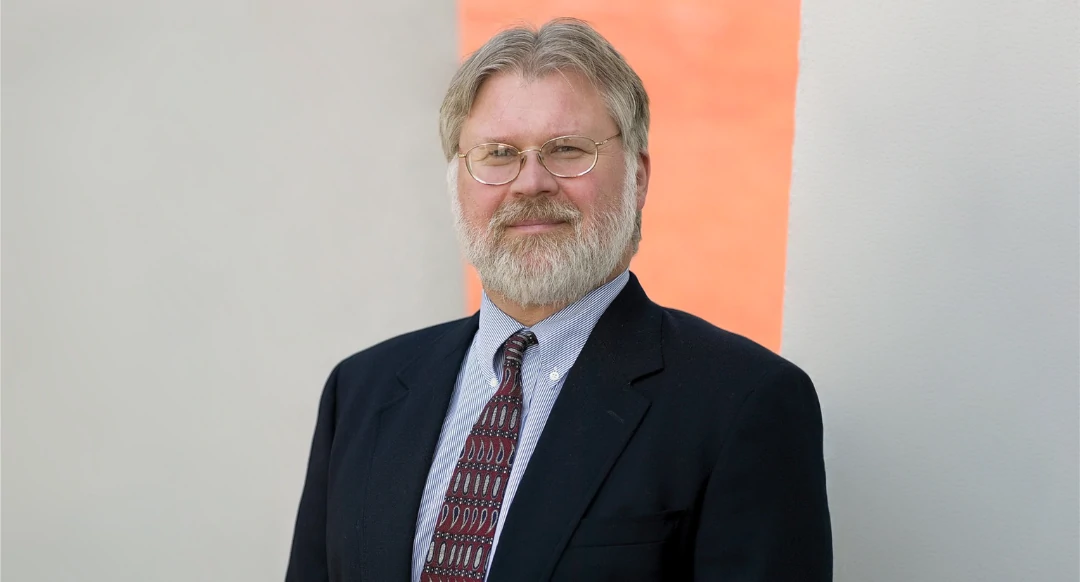Main content
Press releases
Douglas Massey, Princess of Asturias Award for Social Sciences

American sociologist and demographer Douglas Massey has been granted the 2025 Princess of Asturias Award for Social Sciences, as announced today by the Jury responsible for conferring said Award.
The Jury for the Award –convened by the Princess of Asturias Foundation– was chaired by Emilio Lamo de Espinosa Michels de Champourcin and made up of Javier Echeverría Ezponda, Marta Elvira Rojo, Juan Pablo Fusi Aizpurúa, Pablo Hernández de Cos, Silvia Iranzo Gutiérrez, Araceli Mangas Martín, Ricardo Martí Fluxá, Manuel Menéndez Menéndez, Jaime Montalvo Correa, Leandro Prados de la Escosura, María Dolores Puga González, Astrid Wagner and Jaime Pérez Renovales (acting as secretary).
This candidature was put forward by Alejandro Portes, 2019 Princess of Asturias Award for Social Sciences.
Douglas Steven Massey (Olympia, Washington, USA, 5th October 1952) received his BA in Sociology, Psychology, and Spanish from Western Washington University in 1974. He subsequently earned his MA in 1977 and his PhD in Sociology in 1978, both from Princeton University. He began his teaching career at this institution, where he is currently Henry G. Bryant Professor of Sociology and Public Affairs. He has also served as director of the Office of Population Research and the Population Studies Program at the same university.
Recognized for his multidisciplinary approach, Massey has made significant contributions in areas such as international migration, residential segregation and social stratification. According to experts, his work has been fundamental in understanding the dynamics of international migration and urban segregation, combining academic rigour with an accessible approach that has influenced both academia and public policymaking. He is co-founder and co-director of research projects such as the Mexican Migration Project and the Latin American Migration Project, in collaboration with Jorge Durand, which have provided valuable data on migration patterns in Latin America. Throughout his career, he has held prominent positions in various academic organizations. He served as president of the Population Association of America in 1996, of the American Sociological Association from 2000 to 2001, and of the American Academy of Political and Social Science from 2006 to 2015. His most influential publications include American Apartheid: Segregation and the Making of the Underclass (1993), co-written with Nancy A. Denton, which analyses racial segregation in the United States, and Beyond Smoke and Mirrors: Mexican Immigration in an Era of Economic Integration (2002), in collaboration with Jorge Durand and Nolan Malone, which examines US immigration policies in the context of globalization. In 2017, he published Comprender las Migraciones Internacionales. Teorías, prácticas y políticas migratorias (Understanding International Migration: Theory, Practice and Policies), written in Spanish. He has served on the editorial boards of numerous peer-reviewed journals and is currently a member of the board of the Annual Review of Sociology.
Holder of honorary degrees from the University of Pennsylvania and Ohio State University, Massey is a member of the United States National Academy of Sciences, the American Academy of Arts and Sciences, the American Philosophical Society and the Academia Europaea, among other institutions. Throughout his career he has received numerous awards, including the Special Recognition in Education from the World Cultural Council (Mexico, 2008), the Award for the Public Understanding of Sociology (USA, 2012), the Paul Davidoff Book Award (USA, 2013), the Henry Allen Moe Prize in the Humanities (USA, 2017), and the Bronislaw Malinowski Award from the Society for Applied Anthropology, received jointly with Jorge Durand for their collaborative work on the Mexican Migration Project (USA, 2018).
As stated in their Regulations, the Princess of Asturias Awards are aimed at rewarding “the scientific, technical, cultural, social and humanitarian work carried out at an international level by individuals, institutions or groups of individuals or institutions. In keeping with these principles, the Princess of Asturias Award for Social Sciences seeks to recognize “creative and/or research work in the field of anthropology, demography, economics, ethics, geography, history, law, linguistics, philosophy, political science, psychology, sociology or teaching, as well as in the disciplines corresponding to each of these fields”.
This year, a total of 40 candidatures comprising 15 different nationalities were put forward for the Social Sciences Award.
This is the third of the eight Princess of Asturias Awards to be bestowed in what is now their forty-fifth year. Previously, the Princess of Asturias Award for Communication and Humanities was granted to South Korean-born German philosopher and essayist Byung-Chul Han and the Princess of Asturias for Literature was conferred on Spanish writer Eduardo Mendoza. The Princess of Asturias Award for the Arts will be announced on Friday, 23rd May. The corresponding Awards for Sports, Concord, Technical and Scientific Research, and International Cooperation shall be announced in the coming weeks (in the preceding order).
As is customary, the presentation of the Princess of Asturias Awards will take place in October in a solemn ceremony presided over by Their Majesties The King and Queen, accompanied by Their Royal Highnesses Leonor, Princess of Asturias, and Infanta Sofía of Spain.
Each Princess of Asturias Award comprises a Joan Miró sculpture symbolizing the Award, a diploma, an insignia and a cash prize of fifty thousand euros.
End of main content
